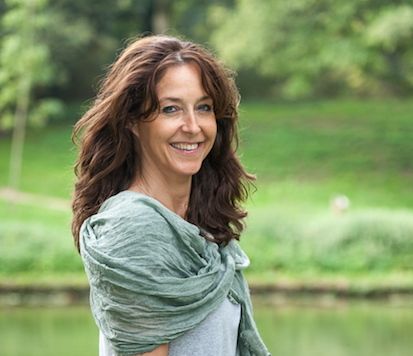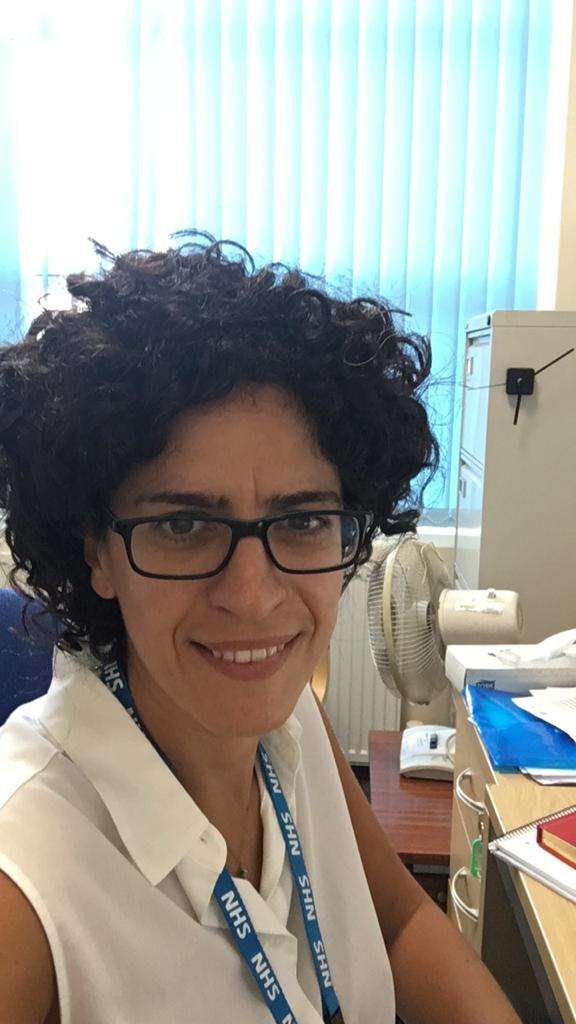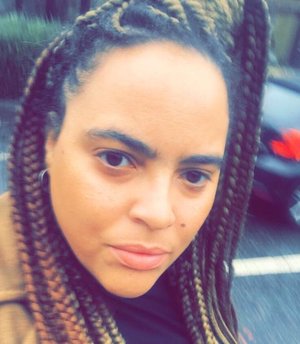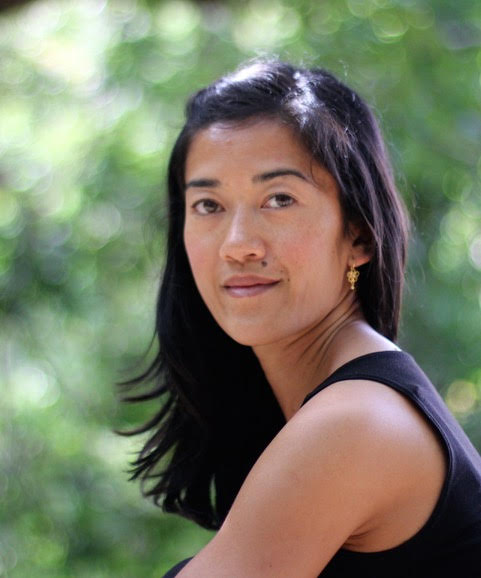This workshop is now sold out.
Please continue to make bookings to be added to the waiting list or apply here to join the March 2019 workshop.
The body, yoga, mindfulness and neuroscience are themes that dominate contemporary conversations on trauma. These conversations often presume a prior level of expertise or else are so simplified that clinically significant distinctions are lost.
This 5 day workshop is intended to bridge the gap for those without a background in neuroscience or yoga but who wish to understand the current theories on what happens to our brains when we are threatened and how various yoga practices might either help or harm.
The workshop is suitable for:
those offering therapeutic interventions for trauma survivors
yoga teachers wishing to create a more trauma informed practice
those with little or no prior training in neurobiology
those without a yoga/somatic practice
The Yoga Clinic (UK) does not consider those living with the effects of a trauma history, pathologically 'disordered'.
Please note: This program is solely for professional development and is not intended as an intervention for those who have experienced trauma. Talking about trauma, even in the context of a professional training, may be triggering.
Curriculum Overview:
Introduction to Neuroscience & Neurobiology:
The neurological processes by which we come to know and respond to our internal and external world
Interpersonal Safety & Interpersonal Neurobiology:
The neurological processes through which safety is created and experienced
The Effects of Safety - Thriving, Not Just Surviving:
The effects of safety on our cognitive, emotional and biological states
Interpersonal Danger & Interpersonal Neurobiology:
Varieties of danger - interpersonal and non-personal, abuse and neglect, chronic and single incident
The neurological processes through which danger is created and experienced
Surviving Danger:
Fight, Flight, Fawn, Freeze & Dissociation
The neurobiology of our survival mechanisms
The Side Effects of Surviving - Not Thriving:
Neurobiological theories for Post Traumatic Stress Disorder, Complex PTSD, Developmental Trauma, Dissociative Identity Disorders and Personality Disorders
Trauma Sequelae:
Neurobiological theories for the varieties of secondary trauma symptoms, including addiction, self-injurious behaviours, somatisation, foggy thinking and attentional issues, insomnia, sexual dysfunction, autoimmune disorders
Trauma Informed Practices:
Locating distress/locating blame - "what happened to you?" Vs "what is wrong with you?"
Attending to power dynamics and enabling agency
The Spectrum of Trauma Treatments:
Cognitive approaches to trauma processing - limitations and applications
Somatic approaches to trauma processing - limitations and applications
Psychoeducation
Yoga - A Relational Practice for a Relational Brain:
The 8 Limbs of Yoga (Ashtanga Yoga) as a psychological practice
Contemporary yoga and secular mindfulness
Yoga and Re-Traumatisation:
Yamas, Niyamas & moral judgement
Asana, Pranayama and physical assists
Meditation and dissociation
Ahimsa/The Hippocratic Oath, Scope of Practice
Yoga for Trauma Survivors:
Trauma Sensitive Yoga - somatic dissociation and embodiment
Trauma Informed Yoga - mindfulness, affect regulation, empowerment
Self-practice and group practices
General yoga classes for trauma survivors
Theoretical Frameworks:
Polyvagal Theory
Attachment Theory
Interpersonal Neurobiology
Classical and Operant Conditioning
Neuroplasticity
Cognitive Neuroscience
The Yoga Sutras
This workshop will be delivered using a number of teaching mediums:
Seminar style with accompanying slides and handouts
Case histories & lived experience
Teaching examples
Clinical examples
Small and large group brainstorming/discussion
Experiential Education
Teaching Practice
Q & A sessions
Expert by Experience/Training, Panel Discussion (as part of an ongoing conversation that is The Critical Yoga Project)
Expert by Experience/Training, Panel Discussion
Friday afternoon - an opportunity for students and the panel to share insights and experiences.
Esther van de Sande - Esther is a member of the Trauma Centre (Boston, USA), Trauma Sensitive Yoga teaching faculty. She works in private practice as a somatic psychotherapist & TCTSY Facilitator in Amsterdam. Esther specialises in working with clients with complex trauma and psychosomatic complaints.
Dr Amy Jebreel - Amy is a dual-trained consultant psychiatrist in Old Age and Adult Psychiatry & the Consultant Psychiatrist for Barnett, Enfield & Haringey NHS Trust, Community Mental Health Team. The team has a specialism in PTSD. Amy is a clinical lead for a participating team in the national ODDESSI Open Dialogue trial.
Amy is a keen proponent of trauma-informed care and integrative psychiatry. She has a personal meditative practice and is a regular attendee of Gaia House.
Charmaine Harris - Charmaine Harris is a Peer specialist with over ten years experience of working with people who experience chronic and enduring mental health conditions. Charmaine currently manages projects for One Place East and is a Open Dialogue practitioner working between East London NHS Foundation Trust and North East London NHS Foundation Trust.
Eunice Laurel - Eunice is the founder of independent yoga programme, Movement for Healing, which offers free and sliding-scale trauma-inclusive yoga and self-care tools to women who have experienced sexual violence. She partners with female-centred rape crisis support and advocacy organisations in London, as well as serving private clients and groups. Eunice has been studying yoga since 2000, and teaching for nearly 15 years.
Possible topics:
the experience of mental health service users/service providers, particularly within the NHS
the experience of those with varieties of trauma backgrounds
the experience of those that are from non-white communities/racism as relational trauma
the experience of those that are from non-heterosexual communities/homophobia as relational trauma
trauma informed approaches to chronic and enduring poor mental health including the Open Dialogue approach to psychosis
the role of somatic approaches to mental health & their place in trauma informed care
This panel will be part of an ongoing conversation that is The Critical Yoga Project
Accreditation & Professional Development:
Accredited by The Yoga Clinic (UK): letter of completion
Delivered by The Teaching Faculty, The Trauma Centre: Alexandra Cat
Alexandra Cat holds degrees in Experimental Psychology, (Oxford University) and Philosophy of Cognitive Science (Sussex University).
She is a member of the teaching faculty for The Trauma Centre's (Boston, USA) program in Trauma Sensitive Yoga and is a regular guest lecturer on a variety of NHS Medical Education Programs.
Alex has worked as a yoga teacher since 2001. She offers trauma informed yoga practices for trauma survivors - The Yoga Clinic (UK).
Please see here for Alex's full resume.
VENUE DETAILS
Please click through to read about Jamyang Buddhist Centre.
Jamyang offers accommodation as well as incorporating a beautiful cafe. All food is freshly prepared, seasonal & locally sourced from Sutton Community Farm.
Note: Jamyang is home to a Buddhist cat, is a smoke free space and is fully wheelchair accessible.
BOOKING DETAILS
Each day will run from 10:00 - 16:30
Students will be booking for the whole 5 days.
There are 4 booking options.
UK Bursary Bookings - £250
UK Bookings - £550
UK Bookings including 20Hr TCTSY - £440
International Bookings - £560*
*International students are asked to pay an extra £10 to cover a currency processing fee.
Bursary Places:
Four bursary places of £250 per person are available. These bookings must be paid for via a sterling (£) account.
These places are offered on a quota system - 3 places are reserved for people that identify as BME.
These places are for people who fulfil all of the following criteria:
residing in the UK
would not otherwise be able to afford to attend the workshop
self-identify as a member of the LGBTQI and/or BME communities
have a lived experience of relational trauma as a result of their LGBTQI and/or BME identities - this might include your experiences of racism &/or heterosexism, homo & transphobia.
Applications for a bursary place must be submitted by Nov 1st 2018.
Successful applicants will be notified of their offer by Nov 14th 2018, latest.
Offers will be made to eligible candidates on a first come, first served basis.
Payment Plans:
Payment plans for UK & bursary places will be available. Because each instalment will incur an international processing fee, we do not offer a payment plan for non-sterling (£) accounts
Please note: The Yoga Clinic (UK) does not consider those living with the effects of a trauma history, pathologically 'disordered'.
This program is solely for professional development and is not intended as an intervention for those who have experienced trauma. Talking about trauma, even in the context of a professional training, may be triggering.



